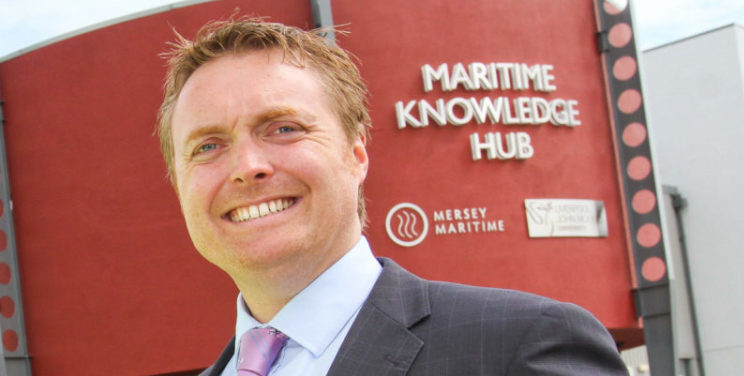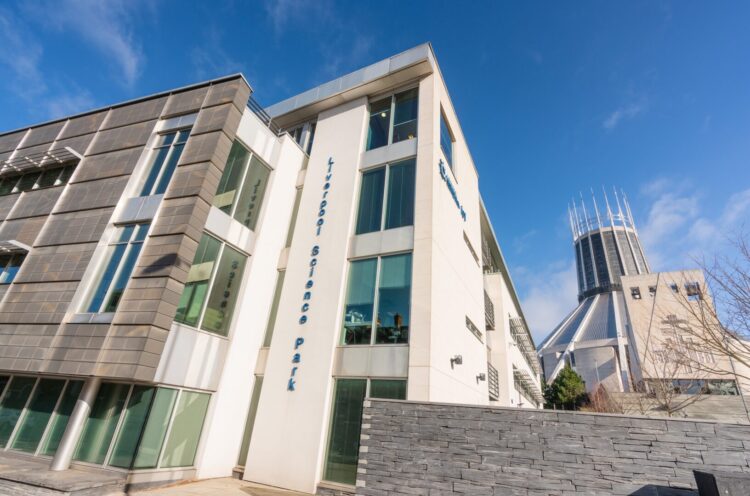Maritime, manufacturing and innovation ‘critical’ to UK recovery
Mersey maritime sector online event hears that Liverpool city region’s maritime firms, manufacturers and university innovators can drive the UK economy post-lockdown. Tony McDonough reports

Liverpool city region’s £4bn maritime sector will be “critical” to the restart of the UK economy as the coronavirus lockdown ends, an industry leader says.
Addressing his members during an online event, Mersey Maritime chief executive Chris Shirling-Rooke said the indications from Government were that this would be an export-led recovery and the maritime and manufacturing sector was up for the challenge.
Last month, leading Liverpool academic and expert on economic development Professor Michael Parkinson said coronavirus has caused a “cataclysmic shock” to the Merseyside economy. But he added that he believed investment in the knowledge economy was key to the recovery.
His views were echoed at the Mersey Maritime Face-2-Face members event by Mr Shirling-Rooke and by the main speaker, Clive Hickman, chief executive of the Manufacturing Technology Centre (MTC) which is based in Liverpool and the Midlands.
Opening the session, Mr Shirling-Rooke told the audience: “Restart, recovery and renew is the Government’s mantra as we come out of the lockdown and our maritime sector will be critical to that restart. It will be focused on creating and making things and on exporting things – innovation will be at the core of the recovery and that has always been at the heart of everything we do at Mersey Maritime.”

The MTC is an independent research and technology resource with the brief of bridging the gap between academia and industry – often referred to as the ‘valley of death’. It was established in Coventry in 2010 and has now established a team of 34 people at Liverpool Science Park. This is due to grow to 50 later this year.
Mr Hickman talked about how manufacturers and innovators had demonstrated their value during the COVID-19 crisis by turning their skills to develop vital equipment for NHS staff on the frontline of fighting the virus.
He said this effort could provide a platform for a new era of British manufacturing and innovation. He explained: “From the mid-1980s manufacturing was forgotten about. We were happy to let it be done overseas. But Germany has continued to manufacture, so why can’t we.
“What has always frustrated me is that despite us having the best research in the world at our universities, coming up with great products and processes, so many things end up being made abroad. Flat screen TVs is my favourite example of that.
“We need to invest in the capacity to make things here in the UK. We need to upskill our workforce so they can quickly adapt to what is needed.”
Mr Hickman said he agreed with Prof Parkinson that the knowledge economy could drive the the UK recovery. He added: “The work that is done at our universities is fantastic and we need to learn from them. In other parts of the world, universities drive the economy. But, here in the UK, we don’t convert enough of our research into innovation. Hopefully now that will change.”
